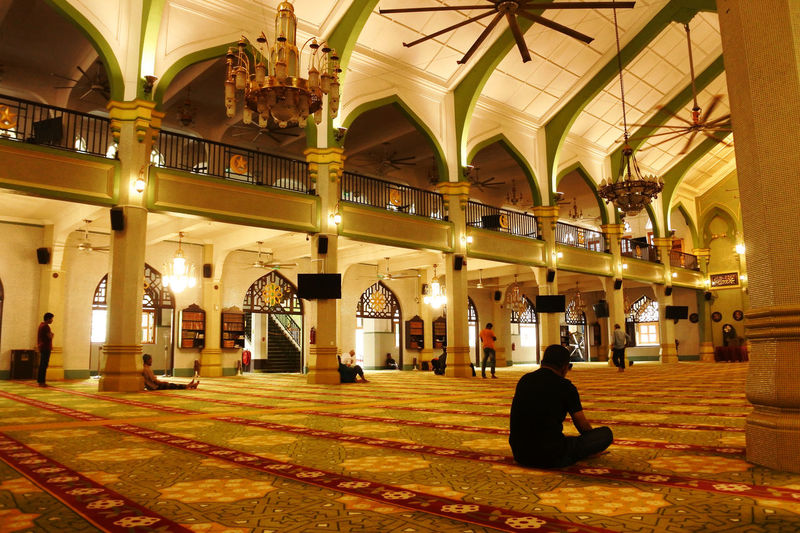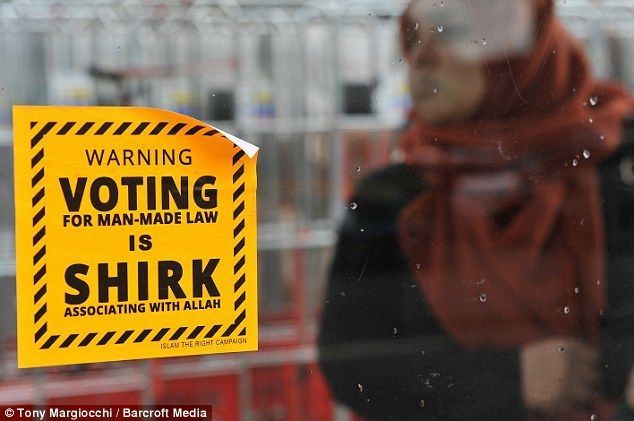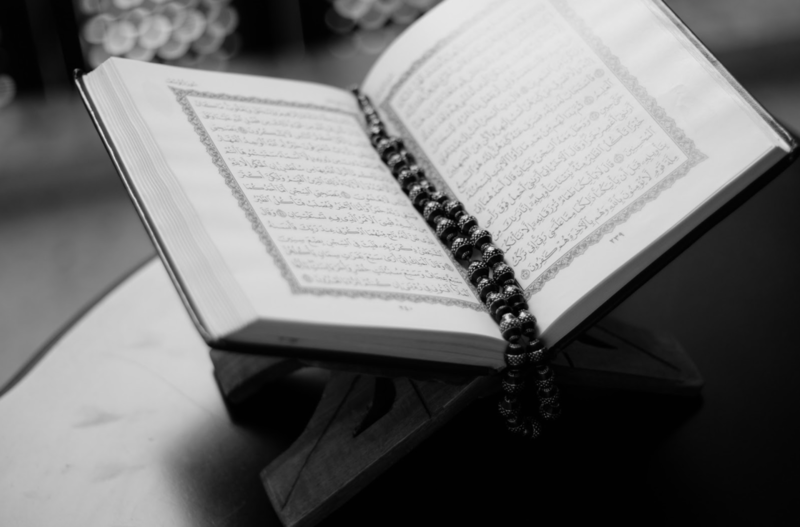Preserving The Sanctity of The Sharia
Preserving The Sanctity of The Sharia - Why Must We Reject Extremists' Claims?

Muslim communities have long gone past the debate whether Muslims can live under, and should obey, laws of the modern state, especially where they are free to practice their religion and can prosper and progress alongside other citizens. It comes as a surprise, therefore, that a Singaporean Muslim with plans to support the Islamic State (IS) group recently proclaimed in his court trial that he only recognises the “Sharia” and rejects Singapore laws.

Picture Credit: DailyMail
To many Muslims, the modern state is not a foe in spite of its laws and political system not containing emblems of Islam, or not explicitly codifying classical Muslim law. Instead, what matters is the outcomes of laws on their socio-religious life and the spirit behind them that resonates with the teachings of the religion. Where Muslims can live and work together with others under the protection of the state to build a functioning and cohesive society, the state is an ally, and its legal structures must be respected.
Nothing in this vision of a harmonious multi-religious society that thrives under the protection of the law of the land conflicts with the traditions of Islam and its jurisprudence that cherishes freedom, fairness, equality and the common good (or maslaha). The Sharia or God’s law is not, by default, antithetical to modern laws. It contains a broad set of directives and objectives that permit new and constructive pathways of engaging with modernity. As the influential Muslim jurist Ibn al-Qayyim taught many centuries ago, the Sharia protects society from injustices, aggression and mischief, and aims to secure the common good for everyone. This philosophy of law also clearly underpins much of contemporary jurisprudence and legal systems.
A bifurcated world separating God’s law from the modern world and its secular institutions, where the former is an adversary of the latter, is a forced and distorted imagery that harks back to a triumphalist medieval outlook consumed by conflicts and wars. Unsurprisingly, this has become fodder for the vitriolic narratives of extremist and radical groups to help them justify their political ambitions. To them, a state that does not uphold the “Sharia” is bereft of any sovereignty. It can be attacked and destroyed for “God’s law” to take over. This lies at the heart of terrorist activities, and worse, is based on a spurious and deviant way of understanding the Sharia.

The reality is God’s law, as it exists in the sacred texts, demands careful and expert reading and analysis. Centuries of juristic thought had laid down the foundations for this interpretive process which contemporary jurists and scholars take as guidance in their search for answers in new contexts and new issues. In the history of Muslim jurisprudence, God’s law has always been rich and ever-evolving. And among Muslims today, the meaning of the Sharia in its fullest extent is not universal. A global study conducted by the Pew Research Centre on the perceptions of the Sharia by Muslims concluded that there isn’t a consensus on what the Sharia is and how it should be implemented. Even the last vestiges of classical Muslim law still widely in practice today, i.e. Muslim family law, exhibits plurality in its forms and practice in different parts of the world.

Today, Muslims have developed and embraced a more sophisticated view of the Sharia that permits them to live under the law of the land without feeling conflicted in their religious identity. Muslims understand that when they become full citizens of a state, they must also agree to follow its laws so that everyone can enjoy order and peace. When there are concerns on some laws, modern democracy allows for Muslims, like all citizens, to express their views and debate them. This is an important part of living together and achieving common goals despite our cultural, religious and ideological differences. A line must be drawn when voices of sympathisers or followers of radical ideologies call for a naive and misguided solution; the “Sharia” must replace all state laws at any cost. We must not be drawn to this mirage because it sounds purer or feels more sacred because, in truth, it is nothing less than an assault on the soul of Islam. It is this task to reclaim the true objective and spirit of God’s law in a more complex world and to wrest it from extremists that is at stake here, lest we lose our progressive way of life as Muslims in modern societies.

